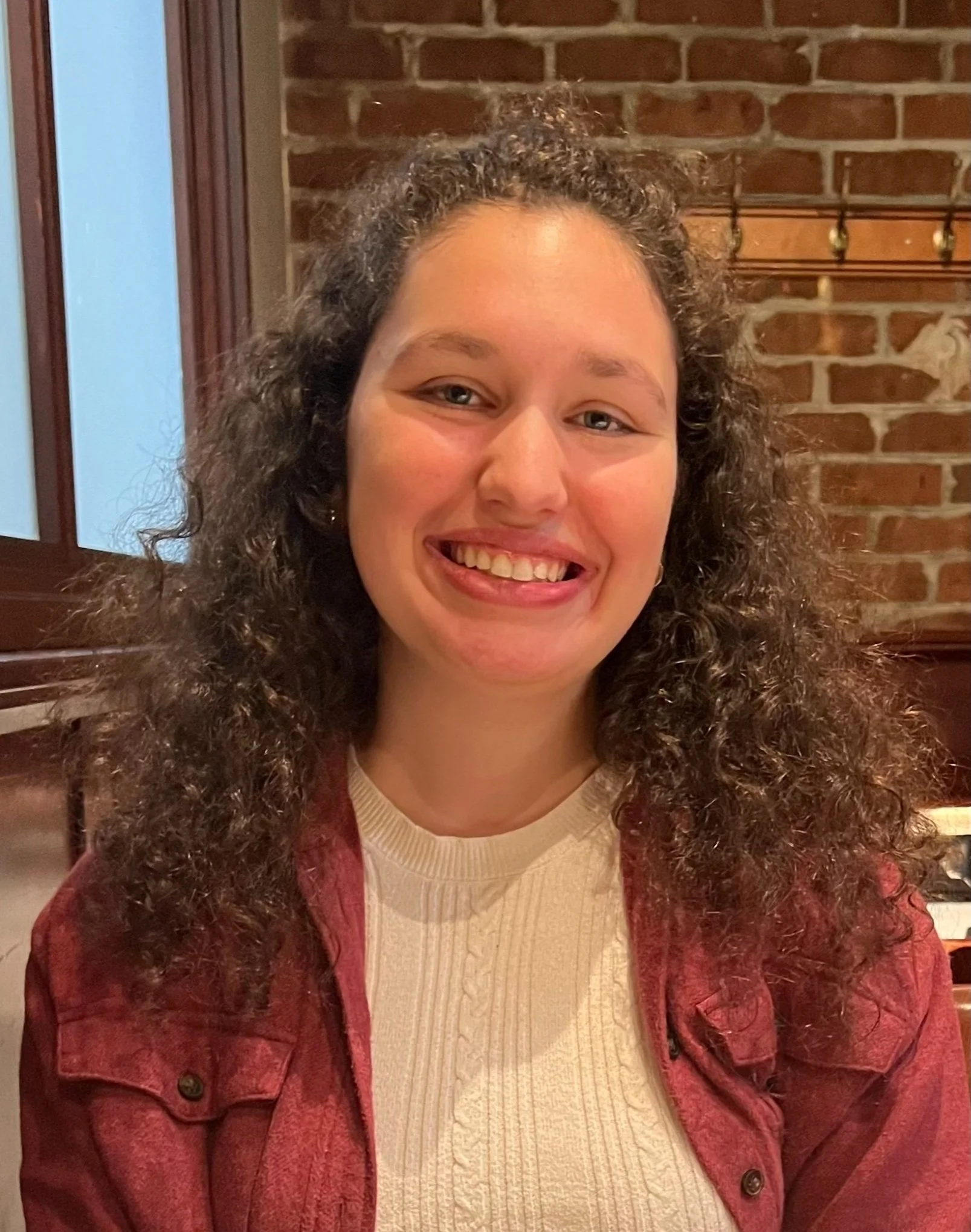P E O P L E
j e s s i c a c h i a n g
p r i n c i p a l i n v e s t i g a t o r
dr. chiang is an assistant professor in the department of psychology at georgetown university and director of the shad lab. she received a bachelor degree in psychology and economics from smith college and a phd in health psychology from ucla. she then completed a postdoctoral fellowship at northwestern university. her research examines how experiences of stress, particularly in everyday life and during earlier stages of development, influence health across the lifespan.
jessica.chiang@georgetown.edu
curriculum vitae
c h r i s t i n e h a
l a b m a n a g e r
christine is the lab manager of the stress, health, and development lab. she recently graduated from pomona college where she majored in psychological science and examined the links between parenting, executive functioning, and stress reactivity in childhood. before joining the shad lab, she worked as a board-certified autism technician with the center for autism and related disorders. she is interested in researching how early life stress contributes to mental health outcomes later in life. in the future, christine hopes to pursue a Ph.D. in Clinical Psychology focusing on child development and family dynamics, particularly among minoritized populations and in the context of early life stress.
ch1360@georgetown.edu
g r a d u a t e r e s e a r c h e r s
y e o n s i k j a n g
yeon is a graduate student in the psychology program at georgetown university with a concentration in human development and public policy. he graduated with a bachelor’s degree in psychology from carleton college and a master’s degree in psychology from the university of chicago. his research interests include the effects of early life stress on health outcomes, exploring risk in vulnerable and underserved populations, and translating and adapting findings for policy.
yj238@georgetown.edu
u n d e r g r a d u a t e r e s e a r c h e r s
v e r o n i c a x u
Veronica is a sophomore at Georgetown University studying psychology with minors in statistics and computer science. She is interested in examining how long-term daily stressors may have implications for physical health.
vyx2@georgetown.edu
a n n a c a r l u c c i
Anna is a senior at Georgetown University studying biology of global health with a minor in psychology. She is interested in becoming a physician and wants to learn more about how stress and health are related. Her research interests include the impact of daily stressors on health outcomes and what interventions are able to support at risk populations.
arc167@georgetown.edu
m a e m o o d y
Mae is a sophomore at Georgetown University studying Classics with a minor in Chemistry. She is interested in discovering how early lifestyle factors such as exercise, sleep, and nutrition influence the way daily stressors impact physical health.
mcm523@georgetown.edu





